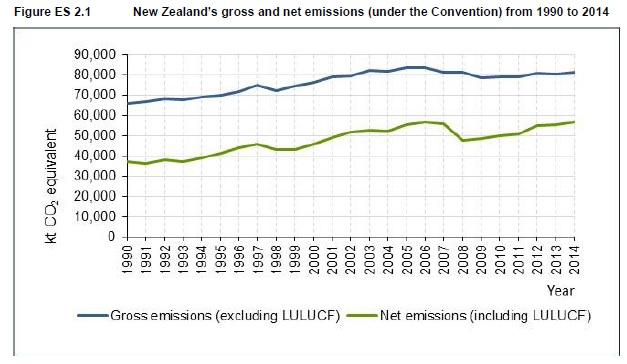This morning, I asked how the decision to delay submission of New Zealand's Open Government partnership action plan happened, given that the Minister claimed not to have been briefed on the issue all year. Thanks to a newly arrived OIA response from SSC, now I know: SSC's executive leadership team made the decision itself. While the document suggests that "the Minister of State Services be briefed and her concurrence sought to this approach", the Minister's briefing lists indicates that no such briefing occurred.
Worse: that document was the only one SSC had produced on the Open Government Partnership since February. That's right: when you would have been expecting them to have been working on how to prepare the next action plan, they weren't. In fact, the only thing they had to say about the OGP in that period was apparently how they could avoid it.
Worse still: while the outcome sought by SSC was assembling a group to plan better engagement, they mean something rather different from the usual meaning of the term. You and I understand "engagement" to mean the government listening to us. SSC thinks it means the opposite:
To do this, the Government needs to be well-informed about the views of New Zealanders. Equally, New Zealanders need to be well-informed about the Government's views.
Because resources are finite, actions have to be prioritised commensurate with available resources. It is important that decisions about priorities are clearly communicated and understood. Where public funds are involved, ultimately such decisions are for the Government to make as the steward of those funds.
[Emphasis added]
So, that "better engagement" the government is delaying submission of the OGP action plan for? Its so they can tell anyone interested that its not a priority and that they don't care.
And finally, there's this:

I spent an hour this morning writing a submission on how SSC could better engage. I took SSC at their word that they were interested in hearing from people and wanted to do a better job than they did last time. What this tells me is that I wasted my time, that SSC has no intention of doing a proper job on the OGP, and that they are dealing with the public in bad faith. And in that case, the sooner we are thrown out of the OGP, the better.







